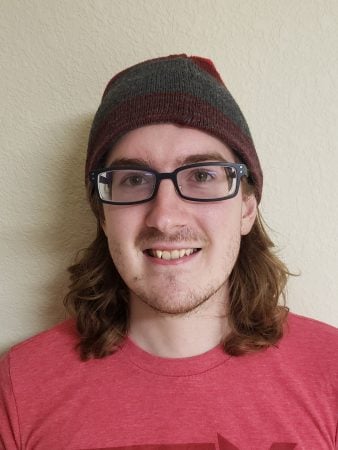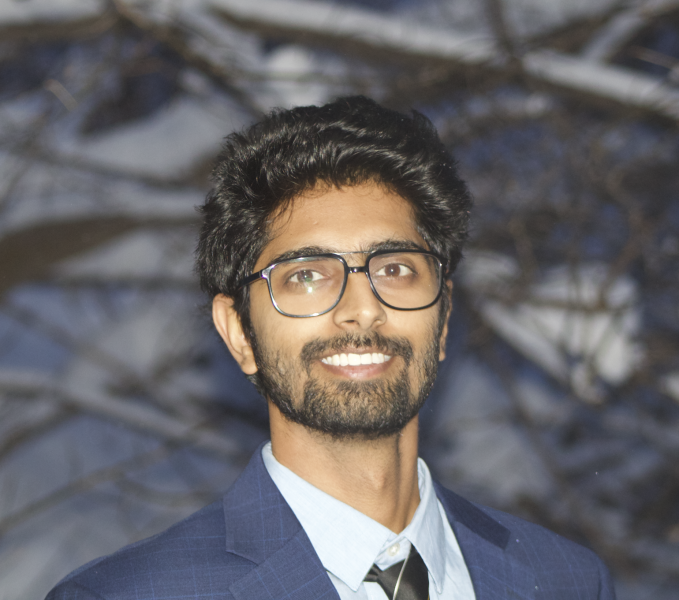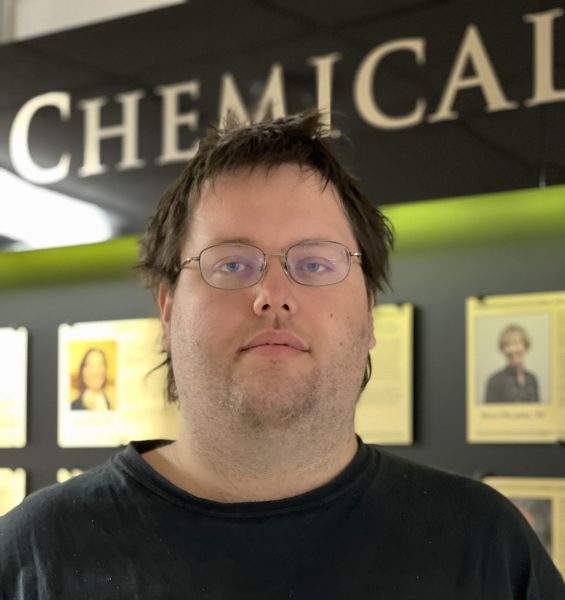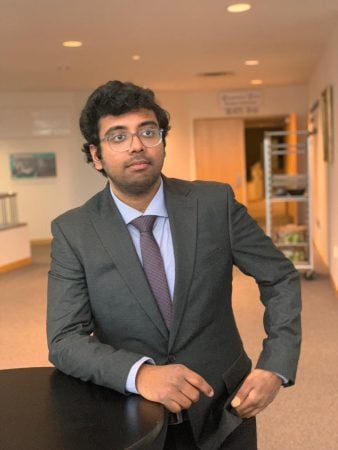Qi Zhong
Physics
I came to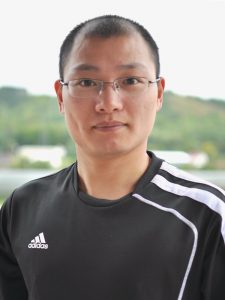 Michigan Tech in Spring 2014 and joined Dr. Ramy El-Ganainy’s group in Summer 2016. Currently, my research focuses on the fundamental aspects and applications of non-Hermitian physics. In general, non-Hermiticity arises in open systems that exchange energy with their environment. Particularly, my work deals with a special type of non-Hermitian degeneracies called exceptional points. I have explored the mathematical features of these singularities as well as their potential benefit in building new photonic components such as ultra-responsive optical sensors as well as a new generation of optical amplifiers that outperform standard devices. Additionally, I am also investigating how the engineering of dissipation in non-Hermitian nonlinear optical systems can be used to build new light sources that can produce coherent light at any color on demand.
Michigan Tech in Spring 2014 and joined Dr. Ramy El-Ganainy’s group in Summer 2016. Currently, my research focuses on the fundamental aspects and applications of non-Hermitian physics. In general, non-Hermiticity arises in open systems that exchange energy with their environment. Particularly, my work deals with a special type of non-Hermitian degeneracies called exceptional points. I have explored the mathematical features of these singularities as well as their potential benefit in building new photonic components such as ultra-responsive optical sensors as well as a new generation of optical amplifiers that outperform standard devices. Additionally, I am also investigating how the engineering of dissipation in non-Hermitian nonlinear optical systems can be used to build new light sources that can produce coherent light at any color on demand.
I would like to thank the Graduate School for granting me this fellowship, which will allow me to focus on my dissertation writing and thesis defense. I am grateful for the Physics Department for the continuous support and would like to thank my adviser Dr. El-Ganainy for guiding me throughout my work.
